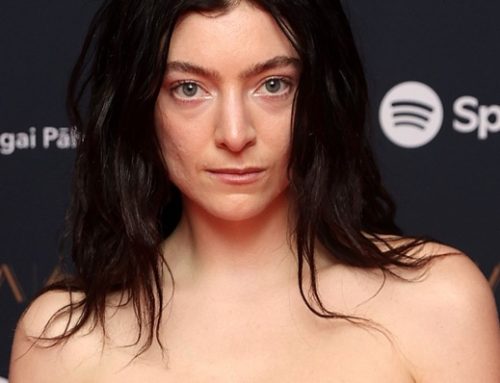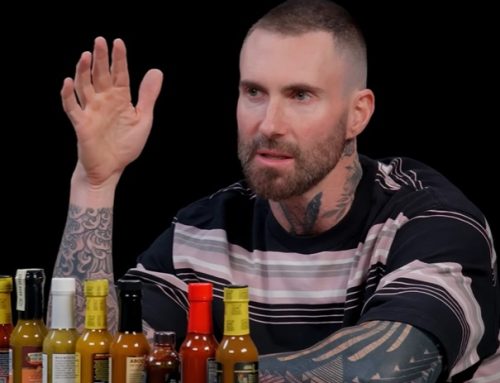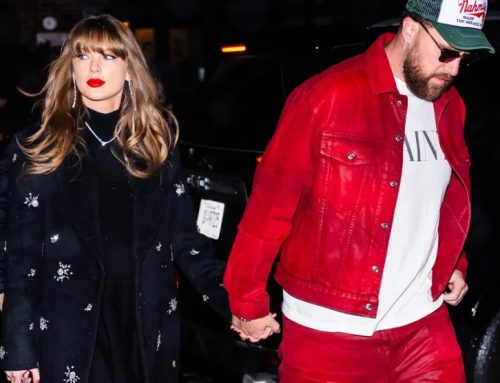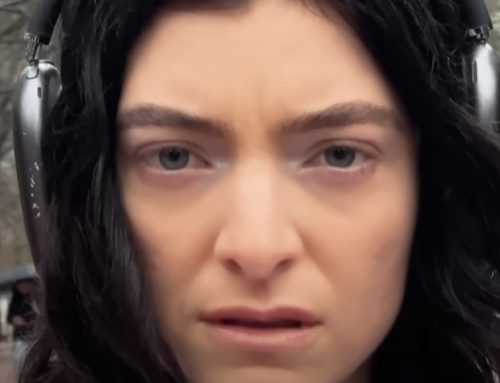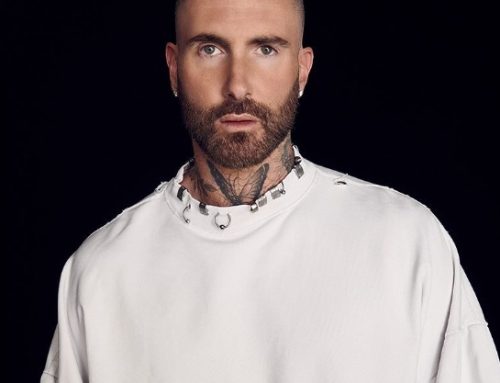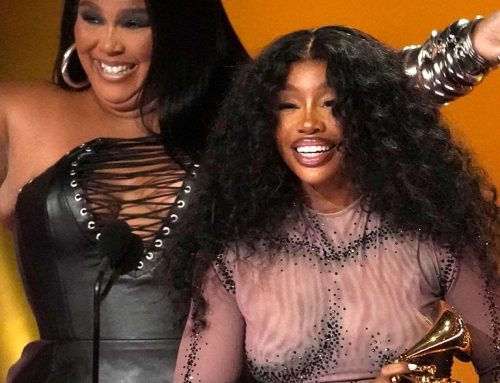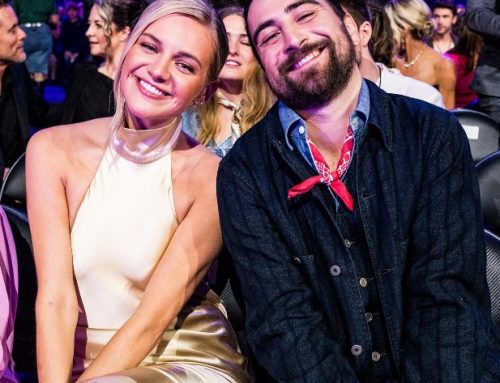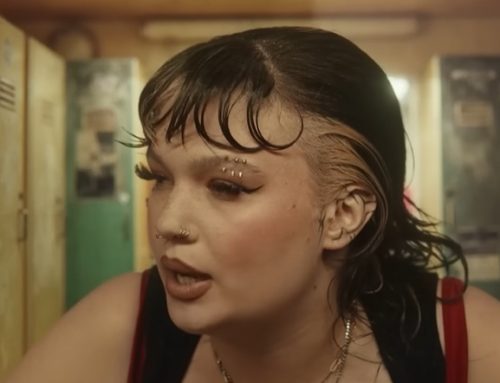During Supreme Court oral hearings on Tuesday, a line was drawn between a First Amendment case against a college and Taylor Swift’s high-profile sexual assault case, in which she sought (and won) $1 in damages.
Chike Uzuegbunam argued that Georgia Gwinnett College, a public college in Lawrenceville, Ga., violated his First Amendment rights after being ordered multiple times to stop openly discussing his Christian faith on school grounds. Uzuegbunam’s pursuit of nominal damages — meaning a very small amount if he were to win his case — struck a chord with Justice Elena Kagan, who remembered Swift’s 2017 jury verdict after the pop superstar sued Denver radio DJ David Mueller for groping her backside during a meet-and-greet photo shoot before a concert in 2013.
According to a New York Times play-by-play, the judge invoked Swift’s sexual assault case to support the student’s argument by describing it as “the most famous nominal damages case I know of in recent times.” Kagan then reflected on Swift’s symbolic pursuit of $1, after Mueller sued Swift for defamation in 2015 and she successfully countersued him for assault and battery.
“A few years ago, [Swift] brought a suit against a radio host for sexually assaulting her, and she said, I’m not really interested in your money, I just want $1. And that dollar is going to represent something both to me and to the world of women who have experienced what I’ve experienced,” Kagan recalled of the singer’s argument.
Justice Amy Coney Barrett added, “What Taylor Swift wanted was, you know, vindication of the moral right, the legal right, that sexual assault is reprehensible and wrong.”
But Georgia’s Solicitor General Andrew Pinson, who was arguing on behalf of the state college and was only vaguely familiar with Swift’s case, argued that the student’s nominal damages claim wasn’t legally significant after the school relaxed its strict speech codes in 2017, just one year after Uzuegbunam first brought the suit against it. The revised school policy led to his case being dismissed as moot by a district court judge in 2018. The U.S. Court of Appeals for the 11th Circuit in Atlanta affirmed the lower court ruling in 2019, which prompted Uzuegbunam to appeal to the highest court in the land.
The Department of Justice vouched for the student in front of the Supreme Court by saying that the small amount of money he was seeking shouldn’t hinder his legal argument.
A decision in the Uzuegbunam v. Preczewski case is expected by late June.







